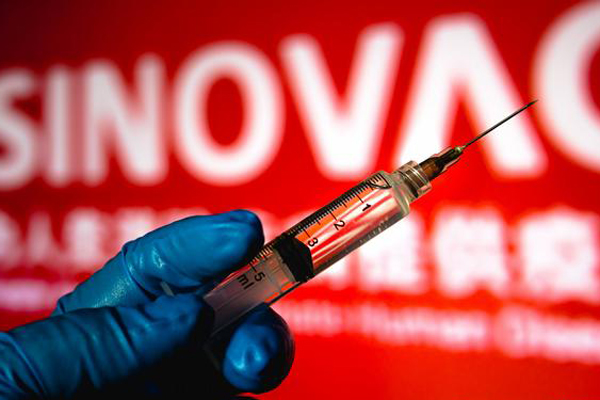Sinovac vaccine widens our options on corona

Sinovac vaccine. Photo Courtesy
What you need to know:
The issue:
Coronavirus
Our view:
Government must not be seen to be favouring any “inner circle” in the provision of jabs against Covid-19 as claimed by an America’s The Wall Street Journal.
News that China is gifting Ugandans up to 300,000 doses of Covid-19 vaccine is great. Foremost, this offer of Sinovac vaccine is a mark of close fraternal ties between the two countries. Moreover, it addresses our current human security crisis, which is the coronavirus pandemic. CoronaVac offers hope of protection of our population through immunisation.
Lest we forget, as Health minister Jane Ruth Aceng warns, Covid-19 is real, it is dangerous, spreads fast and it kills. This is why this generous gesture is timely. CoronaVac offer opens up for Uganda wider options for choices of vaccines on the global market, for our estimated 26.7 million people at risk of contracting the coronavirus.
This now means there is an alternative to the direct purchase of AstraZeneca vaccines from the Serum Institute of India, plus options from the African Union, and donations under the global Covax facility.
This broadening of our options are crucial given Uganda’s limited resource envelope, race against time to save lives, and inability to queue up for the vaccines with better-resourced nations for higher-grade vaccines. The Uganda-China option of government-to government negotiations may be more flexible and reliable vis-à-vis deals with private sector players and profit-driven pharmaceuticals, merchants and commission agents.
Moreover, these two options of Sinovac from China and AstraZeneca from India, offer both scientific and logistical advantages. AstraZeneca has the comparative advantage of being stored in our common fridges at temperatures ranging from 2 degrees to – 8 degrees Centigrade. Similarly, the Chinese CoronaVac is better suited to our setting, unlike the newer technologies (mRNA vaccines), which require to be stored at 800C.
However, these advantages notwithstanding, government still has to manage public perceptions and clear misgivings about the low efficacy of CoronaVac against the coronavirus at about 50.4 per cent and AstraZeneca at 63 per cent. But the good news is also that the Sinovac vaccine works by killing viral particles to expose the body’s immune system to the virus without risking a serious disease response.
It has also been successfully used in many well-known vaccines like rabies as Associate Prof Luo Dahai of the Nanyang Technological University, told the BBC. By contrast, Prof Luo claims adds that the “mRNA vaccines are a new type of vaccine with no successful example [of them] being used in the population.
But in all our efforts, government must not be seen to be favouring any “inner circle” in the provision of jabs against Covid-19 as claimed by an America’s The Wall Street Journal. Government must not create a wall of safety for the privileged at the expense of the common man.




